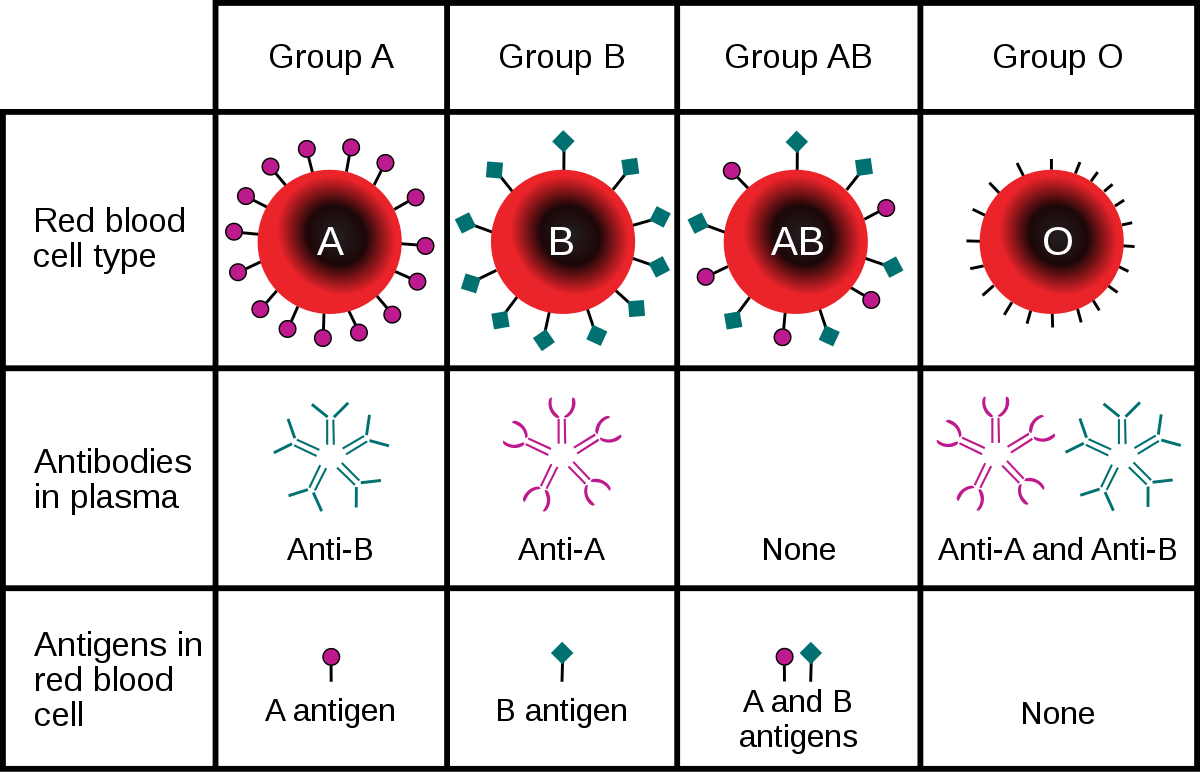People with blood type group A have a significantly higher risk for acquiring the coronavirus disease 2019 (COVID-19) compared with non-A blood groups, according to a study conducted by The Southern University of Science and Technology in China. Additionally, blood group O has a significantly lower risk for the infection compared with non-O blood groups, according to the researchers.1
The study was designed to investigate the relationship between the ABO blood group and COVID-19 susceptibility. Blood group distribution was compared in 2173 patients with COVID-19 confirmed by the severe acute respiratory syndrome coronavirus 2 (SARS-CoV-2) test from 3 hospitals in Wuhan and Shenzhen, China, with normal individuals in corresponding regions. Data were analyzed by using a 1-way ANOVA and 2-tailed χ2 and a meta-analysis.1
Participants included a total of 1775 patients with COVID-19, including 206 dead cases from Wuhan Jinyintan Hospital in Wuhan, China, and another 113 and 285 patients with COVID-19 from Renmin Hospital of Wuhan University, Wuhan and Shenzhen Third People’s Hospital in Shenzhen, China, respectively.1
The ABO group in 3694 normal people in Wuhan showed a distribution of 32.16%, 24.90%, 9.10%, and 33.84% for A, B, AB, and O, versus the distribution of 37.75%, 26.42%, 10.03%, and 25.80% for A, B, AB, and O in 1775 COVID-19 patients from Wuhan Jinyintan Hospital, according to the study authors.1
The proportion of blood group A and O in COVID-19 patients were significantly higher and lower, respectively than that in normal populations. A similar ABO distribution pattern was observed in 398 patients from another 2 hospitals in Wuhan and Shenzhen.1
Pooled data from the meta-analyses conducted by the researchers showed that blood group A had a significantly higher risk for COVID-19 compared with non-A blood groups, whereas blood group O had a significantly lower risk for the infectious disease compared with non-O blood groups.1
The influence of age and gender on the ABO blood group distribution in patients with COVID-19 from 2 Wuhan hospitals were analyzed. The study authors concluded that age and gender do not have much effect on the distribution.1
As of April 11, Michael Zietz and Nicholas P. Tatonetti further investigated the assocation between ABO+Rh blood type and SARS-CoV-2 by using observational data on 1559 individuals tested for SARS-CoV-2 with known blood type in the New York Presbyterian (NYP) hospital system.2
A higher proportion of blood group A and a lower proportion of blood group O among COV+ patients compared to COV-, though in both cases, the result is significant only in Rh positive blood types. The effect of blood type is not explained by risk factors, diabetes mellitus, overweight status, and chronic cardiovascular and lung disorders.2
A meta-analysis of NYP data and the data reported from the China study found enrichment for A and B and depletion of O blood groups among COVID-19 patients compared to the general population.2
This NYP study suggests that there is new evidence of associations between B, AB, and Rh blood groups and COVID-19, and further evidence of recently-discovered associations between A and O blood groups and COVID-19.2
Editor’s Note: This article was updated on April 22, 2020.
REFERENCE
1. Zhao J, Yang Y, Huang HP, et al. Relationship between the ABO blood group and the COVID-19 susceptibility. Med RxIV. Doi: https://doi.org/10.1101/2020.03.11.20031096.
2. Zietz M, Tatonetti NP. Testing the assocation between blood type and COVID-19 infection, intubation, and death. Med RxIV. Doi: https://doi.org/10.1101/2020.04.08.20058073
Jill Murphy Assistant Editor Pharmacy Times












